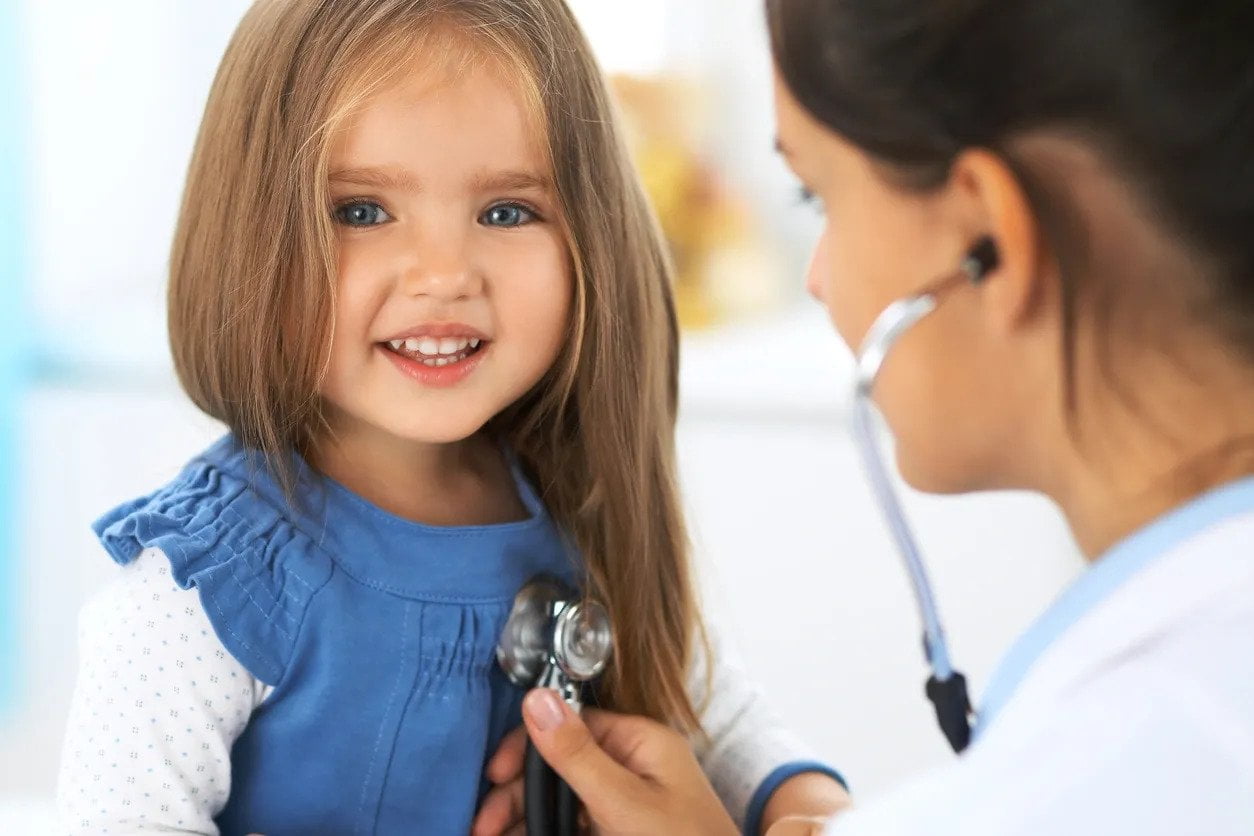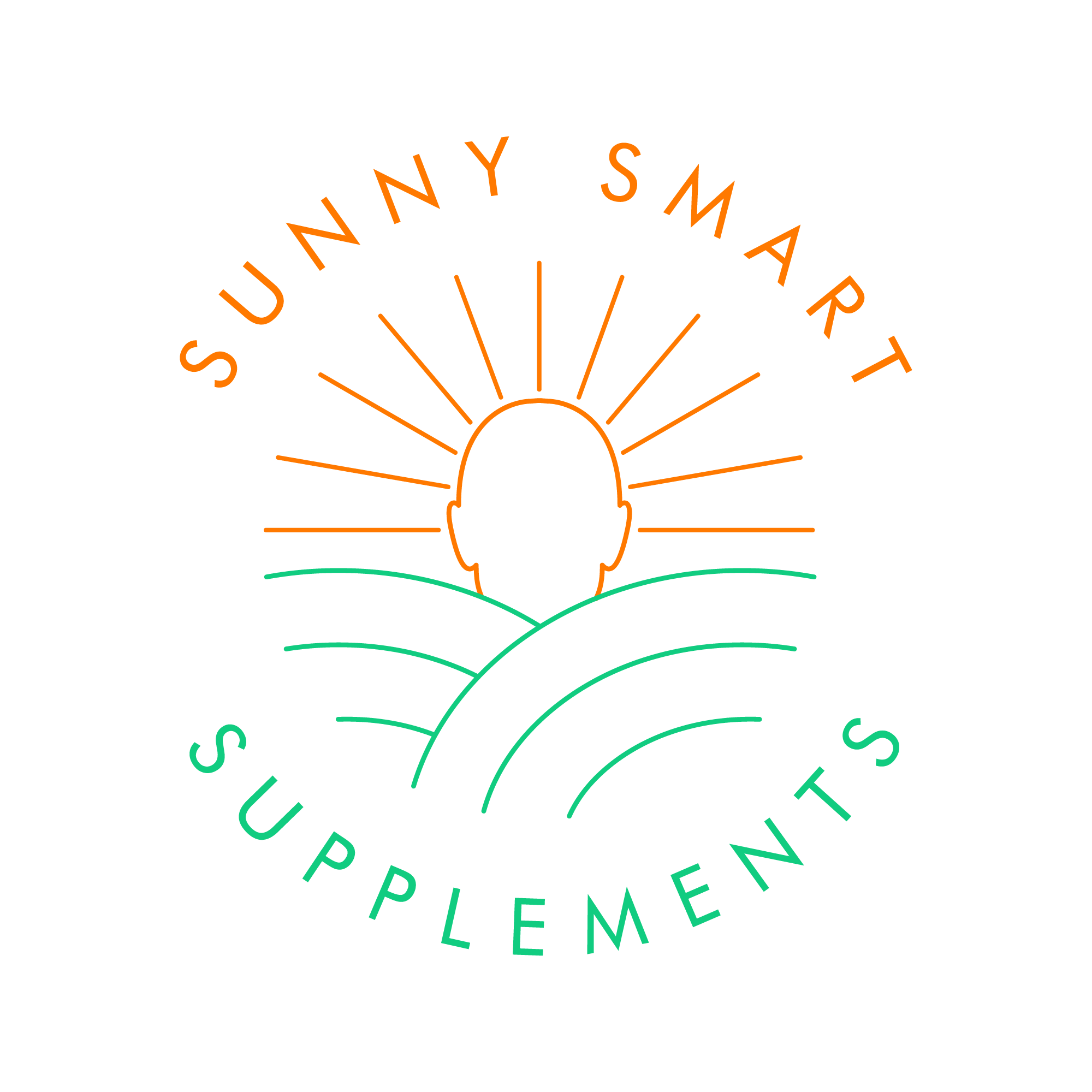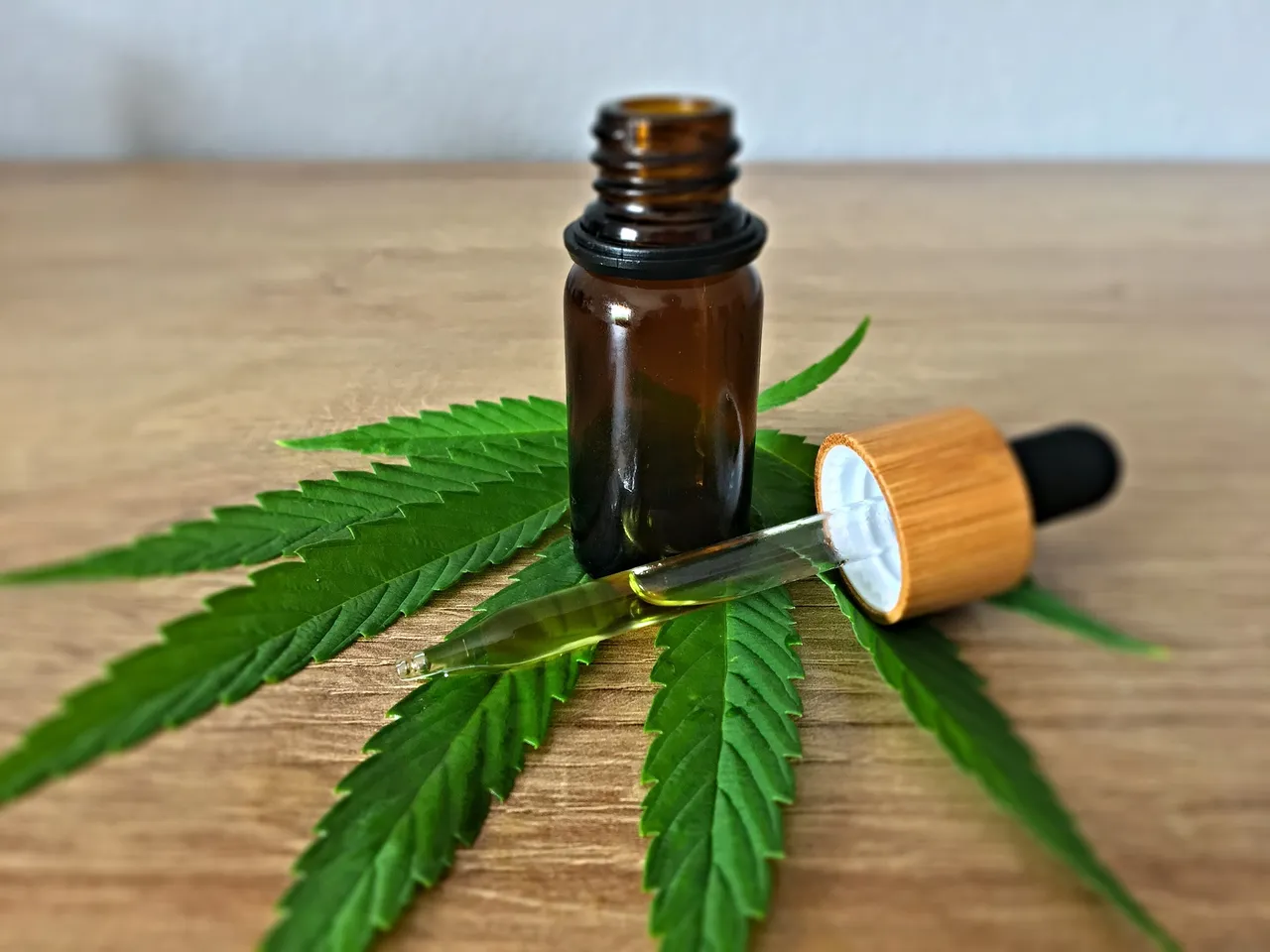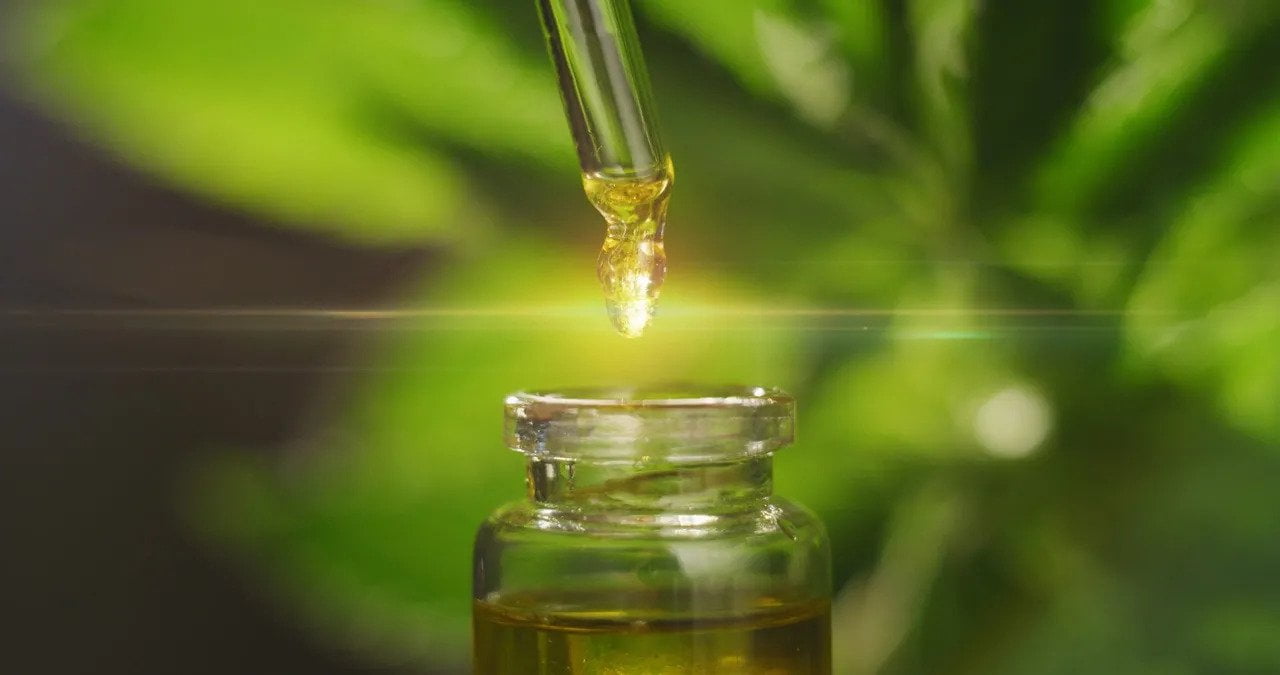
Is CBD Safe for Children?
My child is sick and nothing seems to be working. Is CBD safe for children?
I’m nervous about the effects. Is CBD safe to have around my kids?
When a child is sick and conventional medicine isn’t helping, parents understandably often turn to alternative treatments. Recently, that includes CBD, which is being touted as a remedy for everything from pain and arthritis to seizures and sleep problems. Unlike the cannabis plant’s other well-known compound, THC, CBD does not get users high, it’s nonaddictive, and it has a low risk of side effects—which makes it seem like an appealing option for children.
While CBD is being used widely by adults, the best evidence for it comes from studies focusing on children with certain kinds of epilepsy. And increasingly, parents are giving CBD to their children to manage a range of other conditions, such as autism and anxiety.
Still, many experts are hopeful about CBD’s potential. Though much research has been in animals, three recent randomized placebo-controlled double-blind trials in humans (the gold standard for scientific studies), found that a CBD-based drug called Epidiolex was effective in reducing seizures in people with Dravet syndrome and Lennox-Gastaut syndrome, two rare but devastating forms of epilepsy. The landmark studies led the Food and Drug Administration to approve Epidiolex in June 2018, making it the first (and only) prescription CBD-based medication.
The emergence of Epidiolex has helped legitimize CBD, but using it (and other cannabinoid-based products) to manage childhood conditions remains controversial and is largely uncharted territory. Here’s what you need to know if you are thinking about using CBD for your child.
Topical CBD (Lotions, Creams, Sanitizers)
The effects of CBD will vary from person to person. Some find it helps, while others don’t. If you’re worried about a purely topical CBD product getting into your bloodstream, that’s unlikely. CBD is hydrophobic (meaning it isn’t water-soluble) and lipophilic (attracted to lipids, like oils) and tends to stay on the outer layer of skin or possibly accumulate in the sebaceous glands unless it’s paired with “enhancers” (ingredients designed to help them make it through the skin, at which point they would instead be transdermal). Making a truly “water-soluble CBD” has been a challenge for the industry, although there are a variety of patents out there.
CBD for Seizures
Orrin Devinsky, M.D., director of NYU Langone’s Comprehensive Epilepsy Center in New York City and a principal investigator in the Epidiolex trials, says it’s clear that CBD can reduce “the most important and disabling seizures” in people with Dravet or Lennox-Gastaut syndrome. But he acknowledges that it doesn’t work for everyone with those forms of epilepsy, and some research has shown that CBD may not be effective for other types of seizure disorders.
What’s more, Epidiolex differs in important ways from the CBD sold online or in retail stores. For one thing, as an FDA-approved prescription drug, it comes in a highly purified form, with numerous safeguards in place to ensure that it contains what its manufacturer claims, in the proper amounts, and is produced in a facility that’s free of contaminants. Also, the dosages are higher than what is suggested on the labels of most over-the-counter CBD products.
“Go slowly and try to be systematic and monitor,” Devinsky says. And because CBD is fat-soluble, give it to your child along with a food that contains fat. This will help the body absorb the CBD better and “maximize what you’re getting,” he says.
CBD for Autism
Animal studies suggest that CBD may affect autistic behaviors, and some scientists are beginning to investigate whether it has the same effect in humans. For instance, Trauner, in San Diego, will soon launch a first-of-its kind double-blind placebo-controlled study examining the effect of a synthetic form of CBD—one created in a lab, not extracted from a plant—on children with severe autism. The research, Trauner says, is to see whether the drug “will improve the more negative symptoms associated with severe autism, such as aggressive behavior, self-injurious behavior, persistent repetitive behaviors, and hyperactivity.”
Several prescription drugs offer some help for people with autism, but they can have serious side effects. “If we can find something that doesn’t have those side effects and has a good safety profile that works, it could make a huge difference,” Trauner says. “It could allow these children to reach their potential.”
Devinsky is also hopeful that CBD may prove to be effective in treating autism, in part because of parallels between that condition and epilepsy. “Some genes that cause autism also cause epilepsy, and some of the physiologic changes in nerve cells in autism are also similar to those in epilepsy,” Devinsky says. “So it’s not a shock that we might get some benefit from drugs that might work on both disorders.”
CBD for ADHD
There’s not much research on CBD and ADHD directly, but there’s growing evidence that CBD can ease anxiety, a problem that sometimes accompanies ADHD, Devinsky says. Scott Shannon, M.D., assistant clinical professor of psychiatry at the University of Colorado School of Medicine, and author of “Mental Health for the Whole Child”, agrees. He says that while he does not routinely recommend CBD for ADHD, “Kids that have an anxious variety of ADHD may get some benefit.”
CBD for Pain
There have been no clinical human trials evaluating CBD and migraines specifically. But research suggests it may treat pain (possibly including migraine pain) by interacting with receptors throughout the body, through pathways called the endocannabinoid system. The receptors may affect the pain messages that cells send to each other. Other research shows that CBD can fight inflammation, which may also relieve pain.
CBD Risks
Talk with your child’s doctor. If you’re considering CBD for your child, let your pediatrician know so that he or she can manage your child’s overall care, monitor possible side effects, and help you avoid medication interactions. “It’s hard to find physicians at this point who are experienced and comfortable in this area, so that’s going to be a challenge,” Shannon says. “But I think that’s a good goal, if they can find a professional who can guide them with this.”
Watch for side effects. Overall, research suggests that CBD has few side effects, especially compared with the powerful prescription medications sometimes used to treat serious childhood conditions, Shannon says. In the Epidiolex trials, for instance, the side effects were minor, including problems such as liver function abnormalities, lethargy, decreased appetite, and diarrhea, (especially at higher doses), but the medication has “very good safety data,” Devinsky says.
Still, little is known about the risks of taking CBD long-term, so it should be used cautiously, especially in children. And it can interact with several medications, so be extra-careful if your child regularly takes any over-the-counter or prescription drugs.
If your pediatrician can’t advise you on CBD products, check out Realm of Caring, an independent nonprofit that conducts research on cannabinoids and offers education services.
Start low and slow. It can take time to figure out an appropriate dose of CBD. A good rule of thumb: Start at a low dose and increase gradually, which will guard against side effects.
Store CBD safely. Just as you would with any other medication, remember to store CBD products out of reach of children, especially if they are gummies and could be mistaken for candy. Though taking large amounts of CBD may not be lethal, it could cause stomach upset, among other problems. Also, if the product is mislabeled and contains more THC than listed (hemp-derived CBD products may contain up to 0.3 percent THC), it could be intoxicating.





